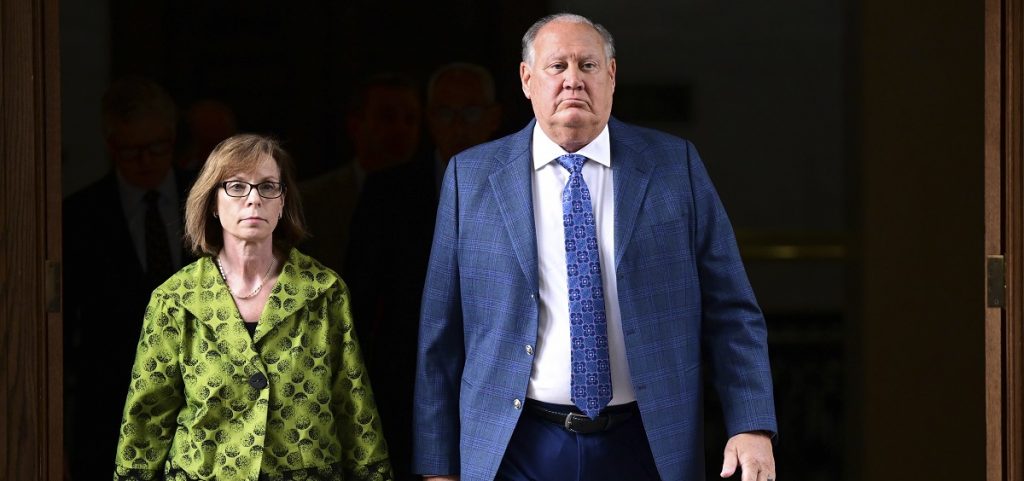News
Two fired utility execs and a former top Ohio regulator plead not guilty in nuclear bailout bribery scheme
By: Julie Carr Smyth | AP
Posted on:
Randazzo also entered a not guilty plea in Baker Ross’s courtroom in Akron, as he did in December in federal court. He resigned in November 2020 after FBI agents searched his Columbus townhome and FirstEnergy revealed in security filings that it had paid him $4.3 million for his future help at the commission a month before Republican Gov. Mike DeWine nominated him as Ohio’s top utility regulator.The judge set bond for all three men at $100,000 and ordered them to remain in Ohio under GPS monitoring. She denied the requests of Jones’ attorney, Carole Rendon, that her client be allowed to forego GPS monitoring due to a medical condition and to return to his primary residence in Naples, Florida.


